From cbc.ca link to article by Beth Brown Oct 22, 2019
The Nunavut government says it can’t undercut black market cannabis sales without a physical retail store.
Finance minister George Hickes said in the Legislature Monday that he doesn’t think Nunavut’s online sales options have led to a change in the amount of cannabis purchased illegally in Nunavut.
That’s after Iqaluit-Niaqunnguu MLA Pat Angnakak asked if the Nunavut government was tracking legal vs. illegal cannabis sales in the territory, and if the government is looking to combat illicit sales.
When the Liberal government legalized recreational marijuana just over a year ago, the idea was to hurt the black market trade and keep money out of the hands of organized crime. But a year later, the government’s own figures show that illegal market isn’t dead yet.
Last weekend, when MLAs met with RCMP on the invite of the Department of Justice, this question that came up, said Hickes, who is responsible for the Nunavut Liquor and Cannabis Commission.
“We don’t have tracking numbers for illicit sales,” Hickes said. “But I can say with all honesty that I don’t believe we’re making much of a dent at all right now.”
In Nunavut, cannabis can be purchased legally online through retailers Tweed and Vertical Cannabis.
“The online sales is the only option we have right now to purchase cannabis legally in the territory,” Hickes said. “Until such times as we get retail sales outlets so people can walk in and purchase as they want, I don’t anticipate we’re going to make a dramatic dent into the illegal sales.”
Legal sales are safe sales
Last November, the government released a tender asking for “expressions of Interests” for cannabis vendors, suppliers and remote stores who the Nunavut Liquor and Cannabis Commission could work with. A tender is not a contract, but instead looks to create a pre-screened list of possible suppliers for the commission to draw from.
That tender closes Oct. 31.
“Can the minister indicate if the government’s goal is to allow retail sales of cannabis to take place in all 25 communities and if so can he also indicate what the timeline is for reviewing submissions and issuing approvals,” Angnakak asked.
Hickes said he doesn’t have a specific timeline. But cannabis is legal, and the government does plan to make products accessible at a retail level, he said. “[We] want to provide that option.”
Nunavut’s cannabis act requires that communities be directly involved in any decisions surrounding access to cannabis products. But regulations for how retail sales will work at a community level are still being developed, he said.
“We do need to make an impact on illegal sales, we need to make sure people are buying safe products that are not contaminated.”

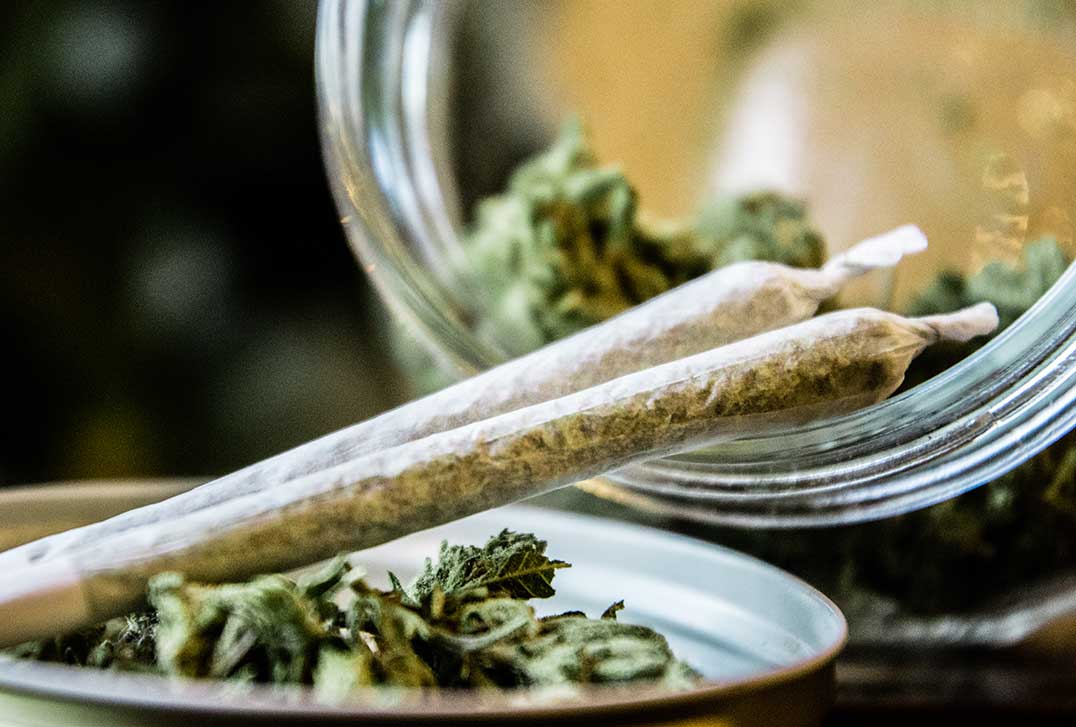
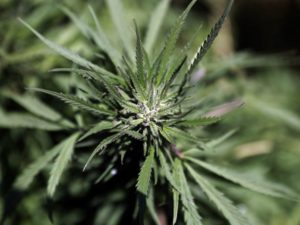




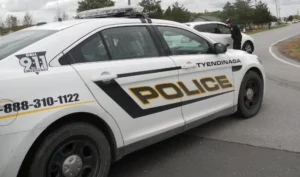
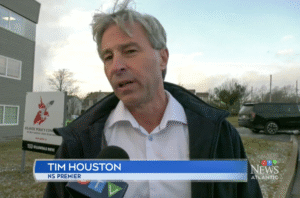

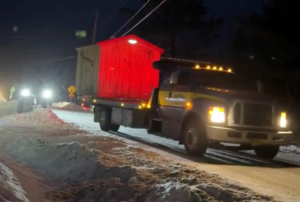




Comments are closed.